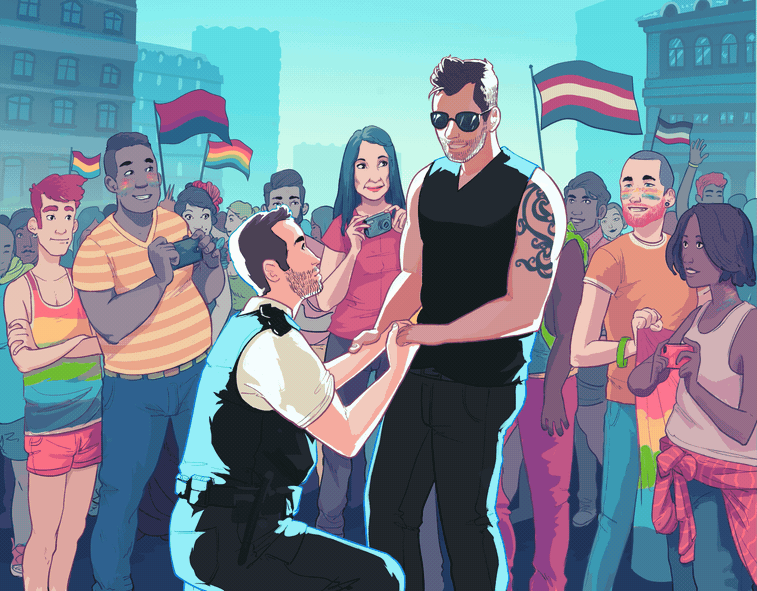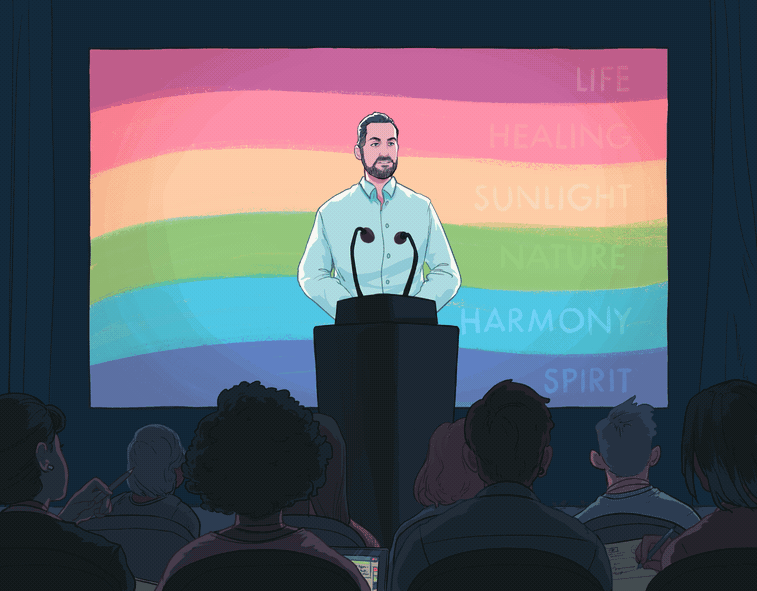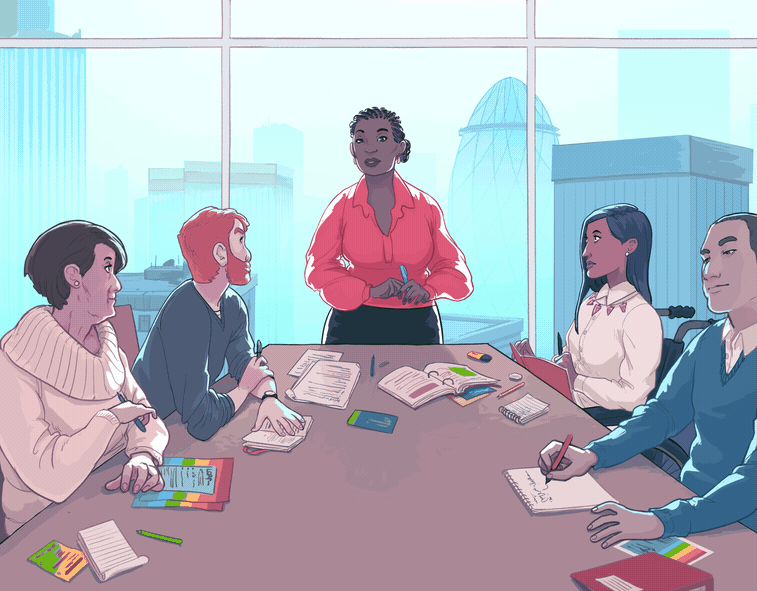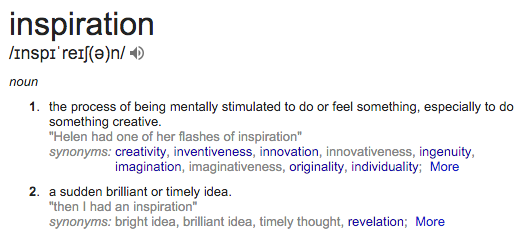Hi all,
I want to share with you this truly inspirational TED Talk video about Supergays around the world. This video shows positively what life is like for LGBT people around the world. Enjoy and be inspired:
Blog soon,
Antony

Hi all,
I want to share with you this truly inspirational TED Talk video about Supergays around the world. This video shows positively what life is like for LGBT people around the world. Enjoy and be inspired:
Click here to display content from TED.
Learn more in TED’s privacy policy.
Blog soon,
Antony

How do you know if you’re in a healthy relationship or not? Find out more below.
If you are in a healthy relationship you should tick most of the boxes on the checklist below:
![]() You can do things independently, without getting a hard time from your partner. You can explore interests, have hobbies, etc.
You can do things independently, without getting a hard time from your partner. You can explore interests, have hobbies, etc.
![]() You can communicate openly and honestly with your partner without negative judgement or fear.
You can communicate openly and honestly with your partner without negative judgement or fear.
![]() You never have to hide anything from your partner.
You never have to hide anything from your partner.
![]() You get support from your partner when you are vulnerable.
You get support from your partner when you are vulnerable.
![]() Your partner encourages and supports you in everything that you do.
Your partner encourages and supports you in everything that you do.
![]() You have shared your dreams and hopes with your partner.
You have shared your dreams and hopes with your partner.
![]() You and your partner have shared ambitions for your life together.
You and your partner have shared ambitions for your life together.
![]() You feel safe: physically, mentally and emotionally.
You feel safe: physically, mentally and emotionally.
![]() You have regular contact with friends and family members.
You have regular contact with friends and family members.
![]() Your partner never makes you feel bad for spending time with others.
Your partner never makes you feel bad for spending time with others.
![]() Your partner always shows you respect.
Your partner always shows you respect.
![]() You and your partner laugh together.
You and your partner laugh together.
![]() You and your partner listen to one another.
You and your partner listen to one another.
![]() You and your partner both approach the relationship as a learning experience.
You and your partner both approach the relationship as a learning experience.
![]() Your relationship adds something to both you and your partner’s life.
Your relationship adds something to both you and your partner’s life.
![]() Your partner speaks to you with kindness.
Your partner speaks to you with kindness.
![]() Your friends and family honestly think your relationship is a healthy one.
Your friends and family honestly think your relationship is a healthy one.
![]() Your relationship started with vulnerability, connection and intimacy.
Your relationship started with vulnerability, connection and intimacy.
![]() You would use these words to describe your relationship: trust, warmth and attachment.
You would use these words to describe your relationship: trust, warmth and attachment.
![]() Your partner never belittles you.
Your partner never belittles you.
![]() Neither your partner or yourself displays contempt for the other. No eye rolling. No squinting at them as if to say what are you talking about?
Neither your partner or yourself displays contempt for the other. No eye rolling. No squinting at them as if to say what are you talking about?
![]() You don’t feel controlled or manipulated.
You don’t feel controlled or manipulated.
![]() Your partner is never aggressive or violent towards anyone or anything. This includes: you, any children and any pets or animals.
Your partner is never aggressive or violent towards anyone or anything. This includes: you, any children and any pets or animals.
![]() Your partner knows where the line is and doesn’t cross it. Either accidentally or purposefully.
Your partner knows where the line is and doesn’t cross it. Either accidentally or purposefully.
![]() You feel equal to your partner in the relationship.
You feel equal to your partner in the relationship.
![]() You like the way you grown and changed while you’ve been in the relationship.
You like the way you grown and changed while you’ve been in the relationship.
![]() You and your partner express appreciation and admiration for one another.
You and your partner express appreciation and admiration for one another.
![]() You have fun together.
You have fun together.
![]() Your partner offers comfort, love and support when you’re upset, stressed or fearful.
Your partner offers comfort, love and support when you’re upset, stressed or fearful.
![]() You make decisions jointly.
You make decisions jointly.
![]() You are intimate. By intimate I mean hugs, cuddles, kisses, holding hands, being close to one another and sex.
You are intimate. By intimate I mean hugs, cuddles, kisses, holding hands, being close to one another and sex.
![]() You and your partner don’t argue constantly.
You and your partner don’t argue constantly.
![]() Your partner loves and likes you when you look and feel at your worst.
Your partner loves and likes you when you look and feel at your worst.
![]() Your family and friends like your partner.
Your family and friends like your partner.
If you think or feel that you maybe in an unhealthy or abusive relationship, the following websites have useful information on:
Blog soon,
Antony

Lesbian, Gay, Bisexual and Trans (LGBT) people in employment today have more acceptance and more equality than ever before. But have we reached a point were a persons sexuality isn’t important? Were their ability to do the job is paramount?
In this blog post I will discuss an article entitled Why it’s still not ‘Mission Accomplished’ for LGBT workers by Matthew Todd for Totaljobs. First the positives:

LGBT people have more acceptance and equality today, than ever before.
Image from & copyright Total Jobs @ GIPHY.
LGBT people in employment today have more acceptance and more equality than ever before. This has been helped by the wider society acceptance. It has also been helped by employers working with organisations such as Stonewall to learn and understand LGBT employees and to have more inclusive working practices.

Employers are working with organisations like Stonewall to understand LGBT people and have better working practices to include LGBT employees.
Image from & copyright Total Jobs @ GIPHY.
But for good and smart employers it’s about more than just acceptance and inclusion. It’s about valuing employees as individuals and celebrating the diversity of their workforce. This in turn increases productivity and leads to better outcomes (including bigger profit margins for private sector organisations) according to research studies quoted in this BBC article: Why it’s important to be yourself at work and this Infographic.
So acceptance, inclusion, valuing employees as individuals and celebrating diversity of LGBT employees is a win-win situation. Employees are happier and feel more secure. Employers get increased productivity and better outcomes.

Acceptance, inclusion, valuing employees as individuals and celebrating diversity of LGBT employees is a win-win situation.
Image from & copyright Total Jobs @ GIPHY.
But according to Todd it’s not all positive. He cites surveys that report that some LGBT people still experience bullying and/or harassment at work and that some LGBT people feel that some workplaces have been/are unwelcoming.
I can only speak of my own experiences. My experiences of being an LGBT person in employment has been very positive for the fast majority of the time.
But I have experienced bullying and harassment because of my sexuality and/or gender (as a Nurse who happens to be male). Three or four times in my career, which for me is three or four times too many. Each time by an individual employee and each time I felt unable to challenge their attitude or behaviour because of the situation I was in.
Still I have observed a massive change in attitudes and cultures both in the workplace and outside of it during my career. I think that if someone attempted to bully or harass me in the workplace today, that one of my colleagues would challenge it before I had chance to.
What do you think of Lesbian, Gay, Bisexual and Trans (LGBT) people in employment today? Please leave a comment below.
Blog soon,
Antony

According to Google inspiration is defined as:
Back in 2008, I wrote a blog post about People that inspire me. I could add so many people to that blog post.
But instead I decided to look at the qualities in people that inspire me. Here’s my list of qualities that those people display:
I’m sure there’s many other qualities that could be added to the list. I also know that as well as people, many other things inspire me. Things such as music, books, films, paintings, nature, animals and expressions of love to name but a few.
What qualities do you admire in the people that inspire you? Feel free to share by leaving a comment below.
Blog soon,
Antony

Antony Simpson - Author, Blogger, Nurse & Witch.
Author of eight books.
Antony Simpson is a participant in the Amazon EU Associates Programme, an affiliate advertising programme designed to provide a means for sites to earn advertising fees by advertising and linking to Amazon.co.uk.
Unless Otherwise Stated, Copyright © Antony Simpson, 2008-2026.


